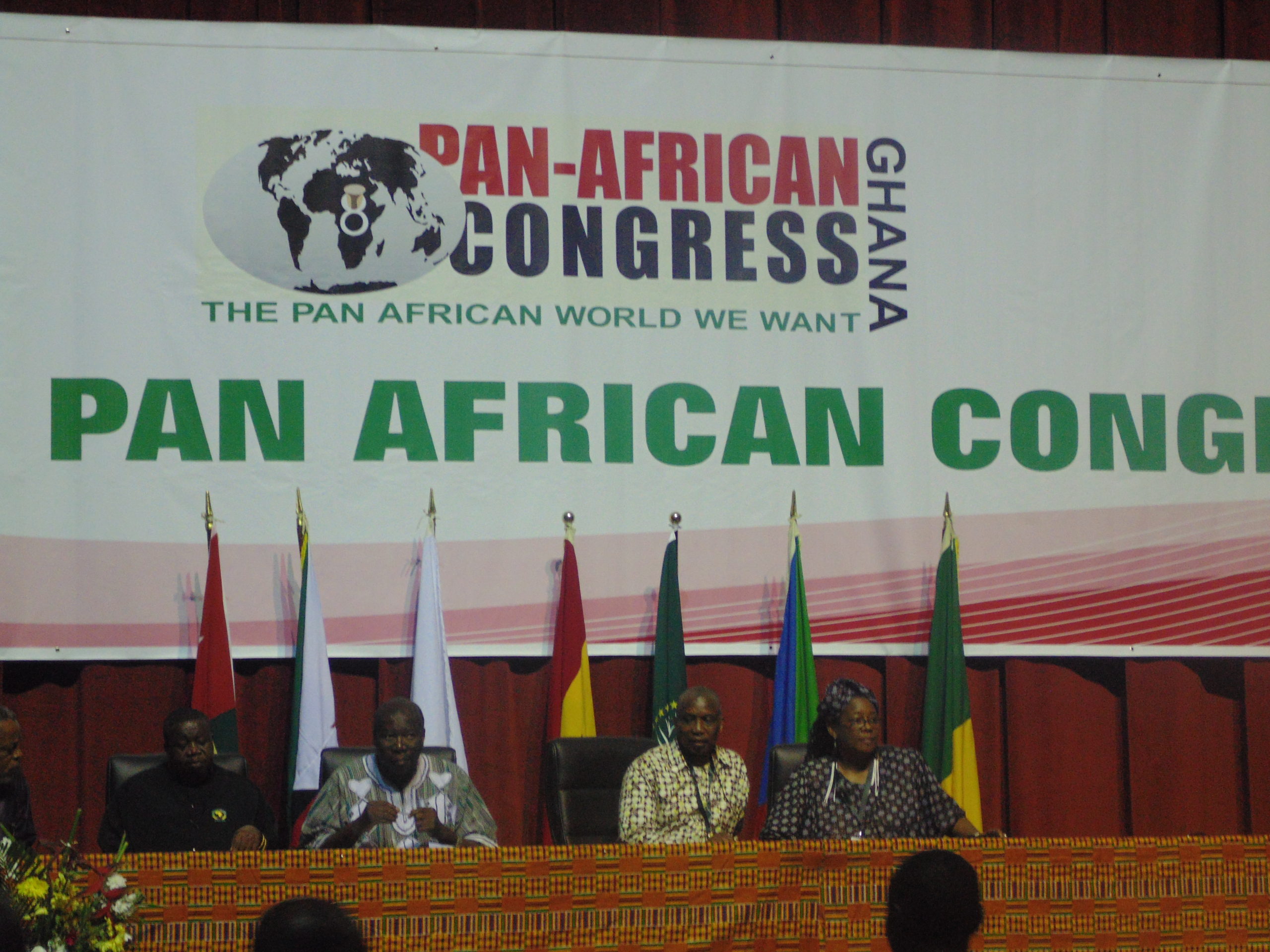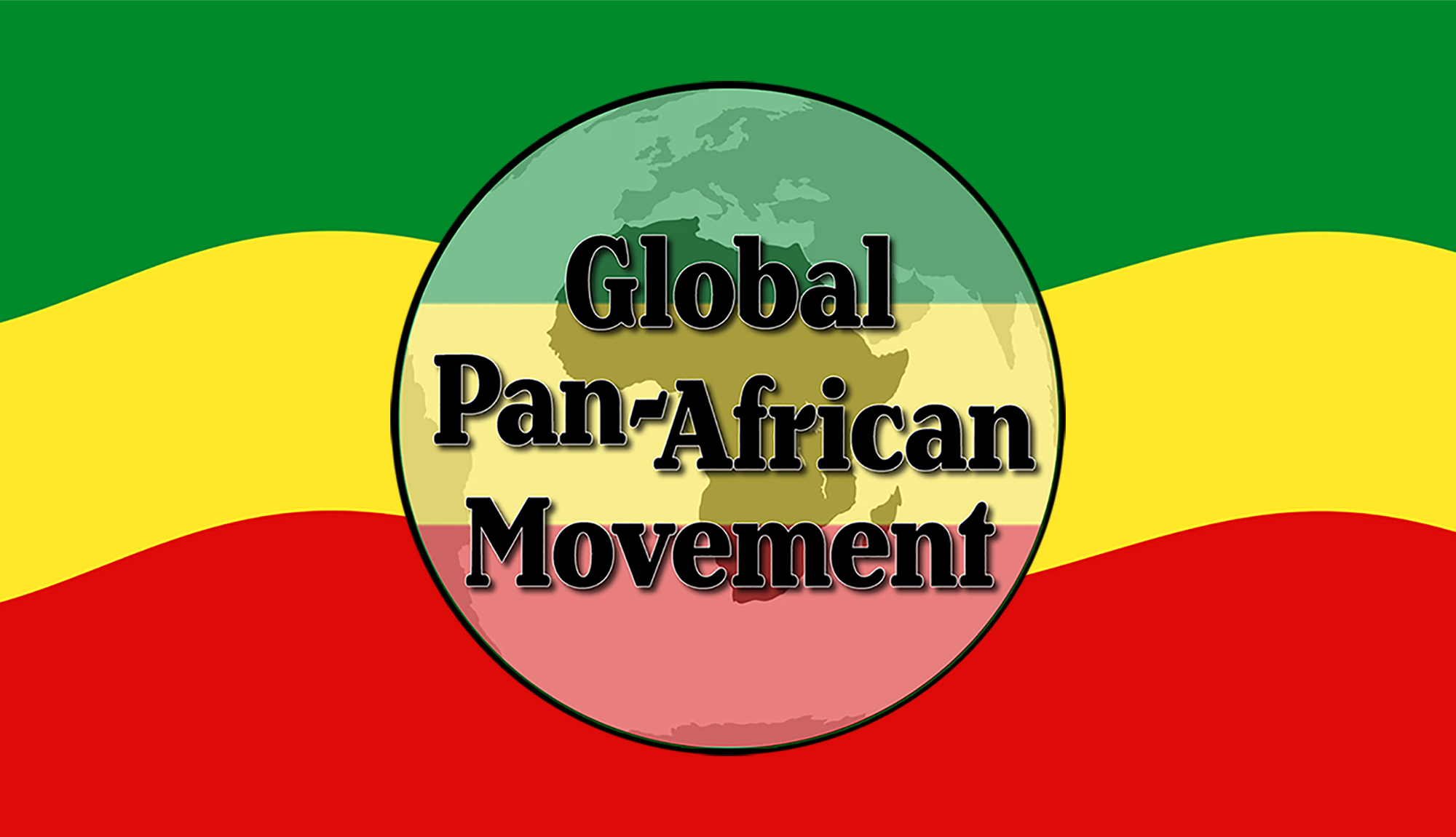“For a colonized people the most essential value, because the most concrete, is first and foremost the land: the land which will bring them bread and, above all, dignity.”
- Franz Fanon, 1961, The Wretched of the Earth
The crises borne from racial capitalist production have led to varied forms of food insecurity for Global Africa. With food being a basic necessity and agricultural products being central to the economies of many countries, agriculture and food security remain central pillars for the Global Pan African Movement, North America Delegation (GPAM). Beyond food being a necessary product for life, a large majority of Africans till the land for subsistence and wages, so Pan Africanists must develop a clear understanding of food production and distribution. On November 15, 2023, GPAM held an internal education session, Food Security and Global Africa, led by Sister Julialynne Walker. Below are the resolutions that emerged after the session:
- The land has always been a primary struggle for Indigenous peoples and Global Africans. Since at least the Crusades, privatized land and private property can neither be separated from white supremacy, nor militarism and extermination. The co-constitution of capitalism and white supremacy continues to manifest in patterns of ownership and destructive patterns of accumulation driven by the intention of profit maximization. As the North American Delegation of the Pan African Movement, we live and struggle in settler colonial states that have besieged ancestral lands.
- Despite the centrality of land to life, imperial logics manifest in ideas such as the doctrine of discovery, continue to animate capitalist interests and policies of institutions supporting those interests. In 1493, Pope Nicholas put out a decree called the Doctrine of Discovery that said that white Christian nations not only had the right, but the duty to enslave, pillage and steal the lands of non-Christian non white nations, who were seen as less than human. This decree established a spiritual, political, and legal justification for colonization and seizure of land.
- It is on the first page of An Indigenous Peoples History of the United States, that Roxanne Dunbar-Ortiz informs us of the centrality of the land to understanding the history of the United States, much like other settler colonial states. The answers to questions of who oversaw the land, cultivated it, invaded, and stole it explains much of how this American “nation-state” was forged: “[b]y 1955, the indigenous land base had shrunk to just 2.3 percent of its original size” (12). Because there is no land that is without a people (at least in ways imperial powers frame), “Euro-American colonialism, an aspect of the capitalist economic globalization, had from its beginnings a genocidal tendency” (8). The nearly three million Indigenous peoples in the US today are descendants of the fifteen million first inhabitants of this land.
- Black farmers in the United States owned approximately 15 million acres of land in the early 20th century. To be exact, from 1865 to 1910, Black farmers in the United States acquired more than 16 million acres of land. By 1997, they had lost over 90% of this land. The value of this lost land is estimated at $326 billion, considered a conservative figure.
- Several factors have contributed to this loss, including discriminatory laws and practices, lack of access to loans and government assistance, and the challenges of heir property. Policies and practices have systematically disadvantaged Black farmers, leading to the sale, foreclosure, or seizure of their lands. The 1982 U.S. Commission on Civil Rights report found that the United States Department of Agriculture’s (USDA) discrimination was a primary reason for land loss among African American farmers.
- Although ‘food apartheid’ has been used to describe the scarcity of food in areas populated by Black people, the GPAM movement likens the systematic lack of healthy food in these communities to redlining. Redlining, a racially discriminatory pattern of disinvestment and obstruction, acted as a barrier to sustaining flourishing African American communities. Although redlining primarily affected urban housing, its principles and effects extended to sectors like agriculture and ability to retain food security.
- Every world region is naturally endowed with food products best suited for its environment. However, a significant shift has occurred in food production choices, such as the introduction of wheat and maize in Africa, primarily due to the impacts of the slave trade, colonialism, and ongoing production relations maintained through imperialism.
- GPAM calls for the study and implementation of the reintroduction of root crops like sorghum, teff, cassava, and yams, which are not only nutritious, but also require fewer resources like water, labor, and fertilizers, provide larger outputs, and better withstand climate irregularities.
- While the region spanning from Eastern Ghana to Western Nigeria has been referred to as the cradle of agriculture, different agricultural zones in Africa have been identified, including the Sahelian, Sudanian, Guinean, and Guineo-Congolian zones, each with its predominant crops like millet, sorghum, cowpeas, groundnuts, cassava, yams, cocoa, palm trees, cashew trees, and rice.
- Although heavily eroded and altered over the last few centuries, Indigenous Knowledge Systems (IKS), encompassing diverse disciplines, epistemologies, and values developed in ancestral lands, have been central to both subsistence and commercial farming. These systems are vital for adapting agricultural practices to current challenges like climate change and urbanization.
- Beyond traditional agriculture, IKS along with the labor of African descendants were central to the success of commercial agriculture (e.g. Carolina gold rice).
- Food security needs a comprehensive approach that would deal with the interlocked struggles of land, health, and environment.
- As we continue to reel from the impact of colonialism, the patterns of food production and relations have not been changed. African and Caribbean countries continue to produce based on the needs and interests of those far from the producers.
- Devastating impacts of colonialism include soil degradation, loss of skills and land, introduction of foreign foods, and the use of food as economic and social control mechanisms.
- We denounce the continued effort by multinational corporations and their state supporters that have weaponized food, and turned it into economic and social control mechanisms.
- We join calls to end the monopolization of seeds across the globe and on the African continent. Seed sovereignty is central to food security. Seed security is also essential for household food security.
- Institutions like the World Bank and the promotion of hybrid seeds and chemicals under the so-called Green Revolution continue to limit food sovereignty and the loss of traditional seed varieties.
- We support Global Africans living in the centers of empire and their increasing efforts in building sustainable urban farming systems and structures. From passion growers to urban subsistence growers, urban agriculture can not only serve to improve the communities of Global Africans but also combat racialized inaccessibility to healthy food. Urban agriculture can play a role in food production, community building, and (re)education.


